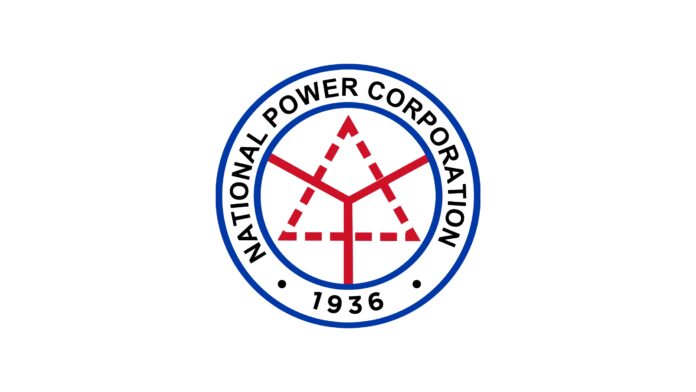APTI Renewable Energy Corp. (APTI REC) on Monday agreed to help the National Power Corp. (NPC) develop sustainable renewable energy by using biofuel and biomass hybrid power in areas under the small power utilities group or SPUG.
Such plants are located in communities and islands not connected to the main transmission grid and are funded by revenues from the power sales and from the universal charge collected from power consumers.
Fernando Martin Roxas, NPC president and chief executive officer, said the pact is formalized as a memorandum of understanding (MOU) and forms part of their sustainability agenda minimizing the SPUG’s dependence on fossil fuels over time.
“The MOU will allow us to access APTI REC’s technology on the use of biofuel or palm oil as an alternative fuel. Together, we shall also collaborate to build a prototype bioenergy renewable energy power plant that uses palm oil and develop an integrated logistical and technical system for the production of biofuel and biomass,” Roxas said.
There is a potential for the application of APTI REC’s technology in SPUG since most of the areas can be converted into palm oil plantations.
“Apart from high fuel prices, off-grid areas also suffer from inclement weather that sometimes hinder the delivery of fuel, that in turn affects power supply. If we can develop a model of this technology in the various SPUG areas, we can save cost on fuel and hauling,” Roxas explained.
Harley Luis Leaño, APTI REC president and chief executive officer, said the partnership is seen to help alleviate poverty in the countryside.
The success of the partnership and the programs should also eventually help the state-owned enterprise to achieve a more affordable, cleaner and renewable energy while providing additional livelihood opportunities in off-grid areas.
At present, the NPC operates 281 SPUG plants in 189 municipalities across 35 provinces in the country.
APTI REC is a subsidiary of Asian Pyrochem Technologies, Inc., an authorized export and import channel of the governments of Indonesia and the Philippines under a government-to-government energy program via PT PP Persero TBK and the Philippine National Oil Co.







